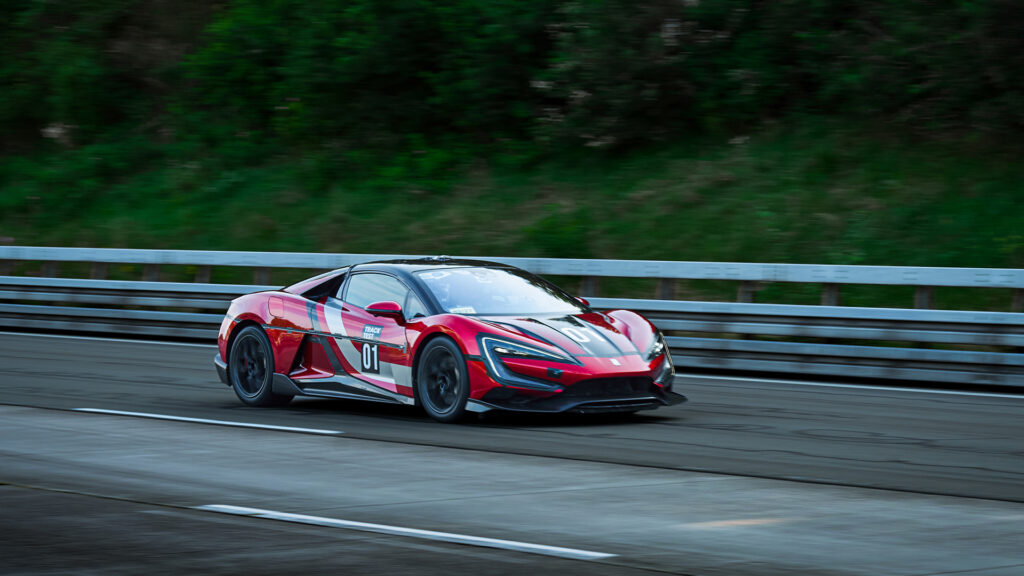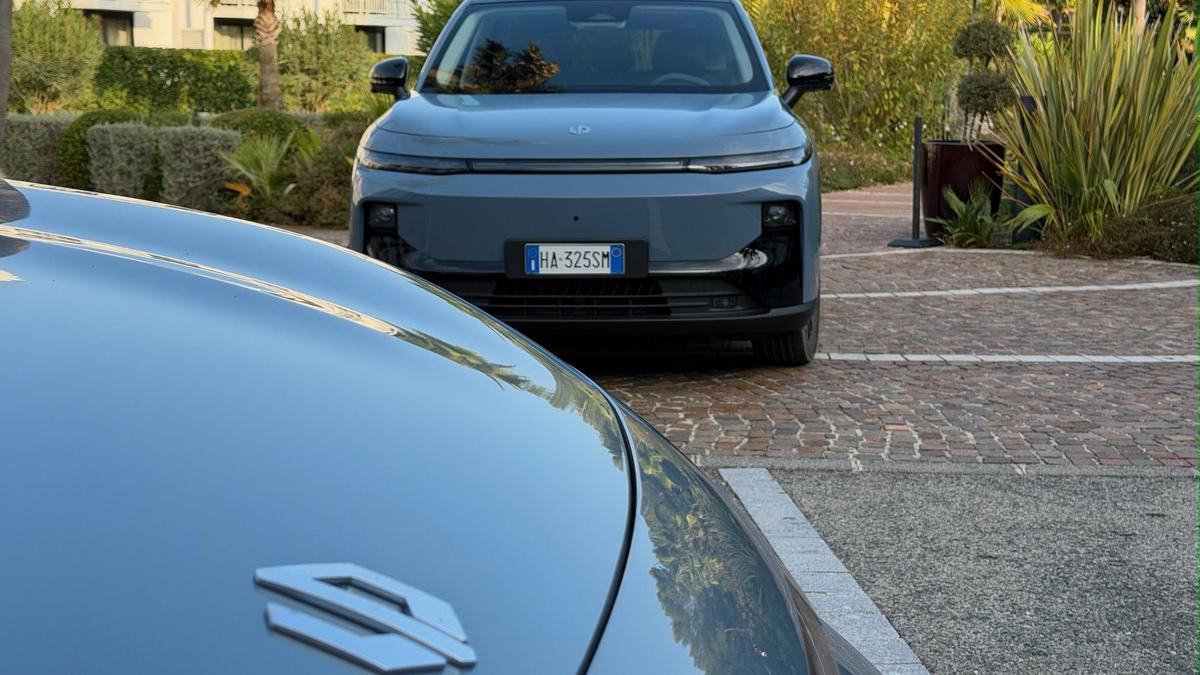
The electric vehicle (EV) landscape has shifted dramatically as Chinese automakers, particularly Xiaomi and Yangwang, achieve remarkable performance benchmarks. The Xiaomi SU7 Ultra recently set a new electric production car record at Germany’s Nurburgring, outperforming established brands such as the Porsche Taycan Turbo GT and the Rimac Nevera. This achievement signals a significant change in the perception of Chinese EVs, which many observers have underestimated.
The Xiaomi SU7 Ultra’s record-breaking performance, achieved on its inaugural lap, is noteworthy. It surpassed the time set by the Tesla Model S Plaid, which had previously set high expectations for electric performance cars in 2021. Following this, Yangwang claimed the spotlight by reaching a breathtaking top speed of 293.54 mph at the ATP test track in Germany, breaking records held by the Aspark Owl and the Rimac Nevera. This feat is particularly impressive given that Yangwang is a sub-brand under BYD, a major player in the EV market.
One of the standout features of the Yangwang U9 Track Edition is its innovative electric powertrain. This model boasts four motors, generating an astounding 744 bhp per motor, leading to a total output close to 3,000 bhp. The vehicle is equipped with a sophisticated torque vectoring system, which adjusts torque to each wheel over 100 times per second, enhancing traction and stability. Additionally, the U9 integrates a DiSus-X Intelligent Body Control System, optimizing suspension for maximum grip and reducing vehicle pitch and roll during high-speed maneuvers.
The Yangwang U9 also embraces cutting-edge battery technology, featuring a 1200V ultra-high-voltage platform. This system is designed to handle extreme battery discharges encountered during record attempts, positioning China ahead of Western manufacturers in battery technology and production capabilities. While an 800V system is considered advanced in the current market, Yangwang’s approach suggests that rapid charging capabilities are on the horizon, potentially revolutionizing EV performance.
Consumer pricing remains a critical factor as well. The standard version of the Yangwang U9, with a remarkable 1,300 bhp, launched in 2024 with a price tag of 1.68 million Yuan (approximately $236,000 or £193,000). This positioning places it above the traditional luxury brands, such as Ferrari, which has faced scrutiny as it prepares to enter the electric market.
Despite these advancements, skepticism persists among US and European car enthusiasts. Many dismiss the threat posed by Chinese brands, suggesting that achieving high speeds in straight lines is not a hallmark of true racing performance. Brand prestige remains a significant factor, as illustrated by Ferrari’s record profits of $2.67 billion in the previous year. Nevertheless, the shift towards electrification may alter consumer preferences and brand loyalty.
Porsche recently announced the discontinuation of its Cellforce high-performance battery division due to insufficient global demand for next-generation batteries. This decision highlights the challenges facing established automakers as they navigate the transition to electric vehicles.
Chinese manufacturers are not only working to make EVs more accessible but also striving to elevate performance standards. The speed and agility demonstrated by the Xiaomi SU7 and Yangwang U9 challenge the notion that Chinese brands are mere imitators. They are rapidly redefining the landscape of high-performance electric vehicles, with expectations of future models potentially achieving speeds exceeding 300 mph.
While the global market’s reception to these high-performance EVs remains uncertain, the success of the Yangwang U9 and Xiaomi SU7 in China suggests a growing appetite for advanced technology and performance. As the automotive industry evolves, Chinese brands are well-positioned to capitalize on this transition, offering cutting-edge vehicles at competitive prices. The challenge for traditional brands will be to innovate and adapt to stay relevant in this dynamic market.






